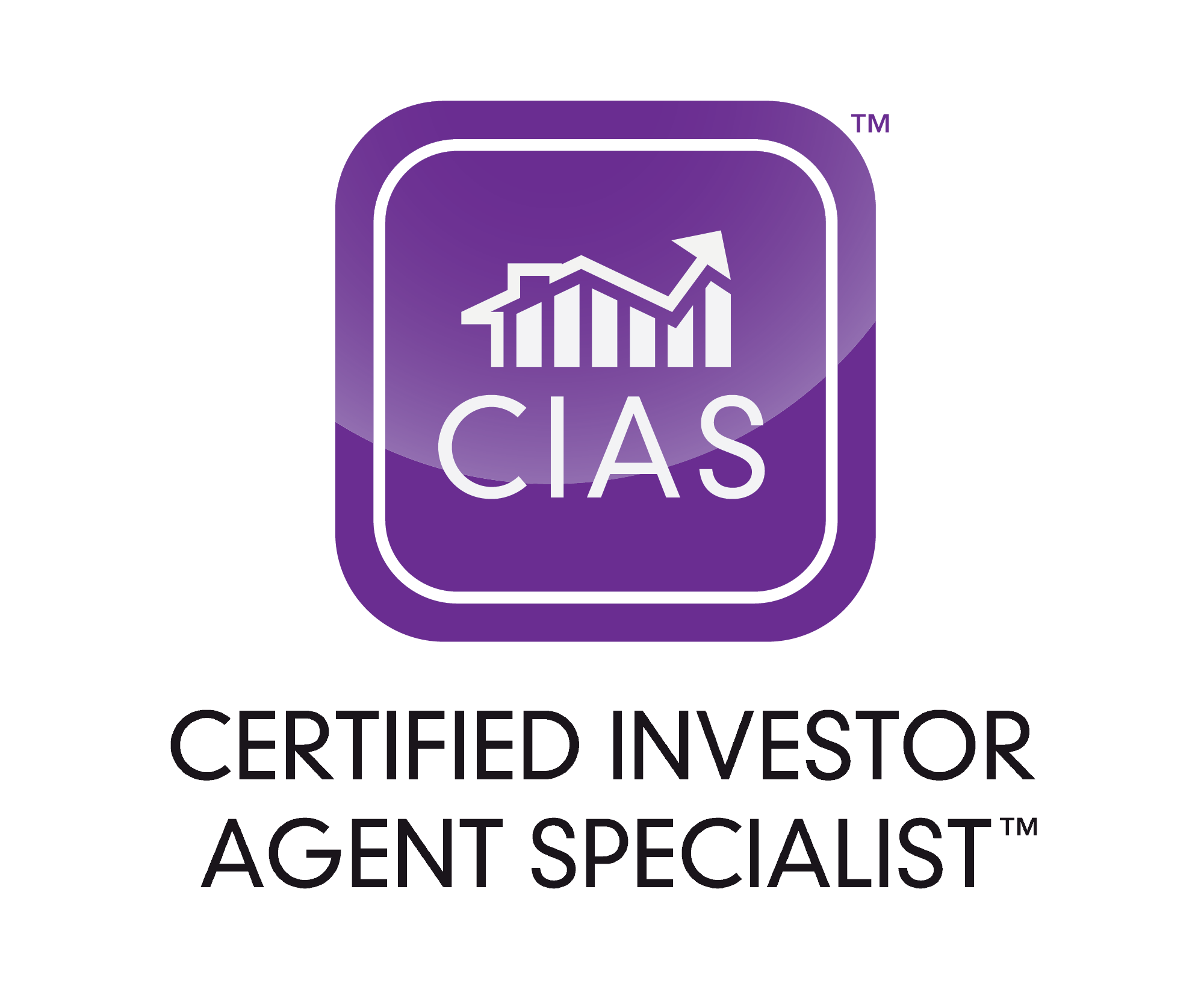Are you seriously thinking about real estate investment as a means to build wealth and secure your financial future but unsure where to begin? Residential real estate offers numerous opportunities for beginners to enter the market and start building a profitable portfolio. In the paragraphs that follow, I explore some essential strategies and specific steps to help beginners embark on their residential real estate investment journey with confidence.
Understanding Your Investment Goals
You will never arrive if you don’t know with certainty where you are trying to go, so the first step is to define your investment goals. Are you more interested in generating passive income through rental properties or do you prefer the short-term profits generated by flipping houses? The answer to this question will guide your future investment decisions and help you tailor your strategy to achieve your goals.
Educate Yourself About Real Estate Investment
Take the time to learn about the fundamentals of residential real estate, including market analysis, property valuation, financing options, and legal considerations. Research not only the federal tax implications of real estate investment but the state tax ramifications, as well. Surround yourself with people who are already experts in the field. Attend seminars, workshops, and online courses, read books, and seek advice from experienced investors and their agents to gain insights and expertise.
Set a Realistic Budget
Determining your budget is a crucial next step in any investment decision, including residential real estate investment. Catalog your financial situation, including your savings, income, and expenses, to determine how much you can comfortably afford to invest. Consider factors such as down payments, closing costs, renovation expenses, and ongoing maintenance costs when setting your budget.
Research and Identify Investment Opportunities
Once you have a clear understanding of your investment goals and budget, it’s time to research and identify potential investment opportunities. Start by exploring different neighborhoods and markets to find areas with strong rental demand, appreciation potential, and favorable economic indicators. Look for properties that align with your investment criteria and offer the potential for long-term growth and profitability. If you are uncertain about how to approach what may seem like a daunting task, seek the help of a realtor who works with other investors and is comfortable analyzing properties with an eye toward “return on investment” or ROI.
Conduct Due Diligence
Before making any investment decisions, it’s essential to conduct thorough due diligence on potential properties. This includes assessing the property’s condition, evaluating comparable sales data, researching market trends, and analyzing rental income potential. Additionally, consider hiring a professional home inspector to identify any issues or defects that may affect the property’s value or require costly repairs.
Choose the Right Financing Option
Financing is a crucial aspect of residential real estate investment, especially for beginners. Explore different financing options, including traditional mortgages, FHA loans, and private, so-called soft-money lenders, to determine the most suitable option for your investment strategy and financial situation. Consult with mortgage brokers and lenders to compare rates, terms, and eligibility requirements. Most, if not all, conventional financing options will require an investor to put at least 20% down.
Create a Solid Investment Plan
With a clear understanding of your investment goals, budget, and financing options, it’s time to create a solid investment plan. Outline your investment criteria, including property type, location, budget, and expected returns. Establish criteria for evaluating investment opportunities, such as cash flow potential, ROI, and risk tolerance.
Build Your Investment Team
To be truly successful, you will need to assemble a reliable team of professionals to assist you throughout the process. Interview real estate agents, attorneys, accountants, contractors, property managers, and other industry professionals who are themselves real estate investors. Throughout the process your team can provide valuable guidance and support in navigating the complexities of residential real estate investment.
Start Small and Scale Up Over Time
Whatever you do, don’t get carried away by your initial enthusiasm. Start small and gradually add to your investments over time as you gain experience and confidence. Initially, consider investing in detached single-family homes, townhouses, or duplexes. Focus on building a diversified portfolio of properties that offer a balance of cash flow, appreciation potential, and risk mitigation.
Stay Committed and Stay Informed
Be patient, persevere, and continue to learn. Stay committed to your investment goals and be proactive in seeking new opportunities. Continuously staying informed about market trends and industry developments. Monitor your investments regularly, track performance metrics, and adjust your strategy as needed to optimize returns and mitigate risks.
Residential real estate investment can be a rewarding and lucrative venture for those seeking to build wealth and achieve financial independence. By following these steps and strategies, you can lay a solid foundation for your investment journey and navigate the real estate market with confidence. Remember to stay disciplined, stay informed, and stay focused on your long-term goals as you embark on your residential real estate investment journey.



